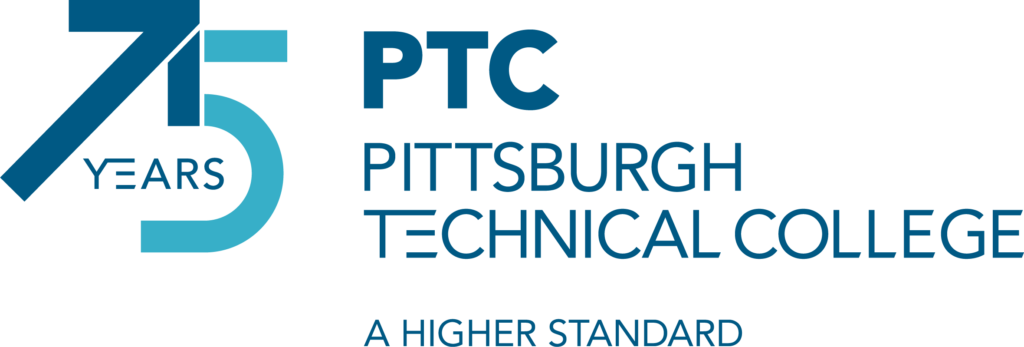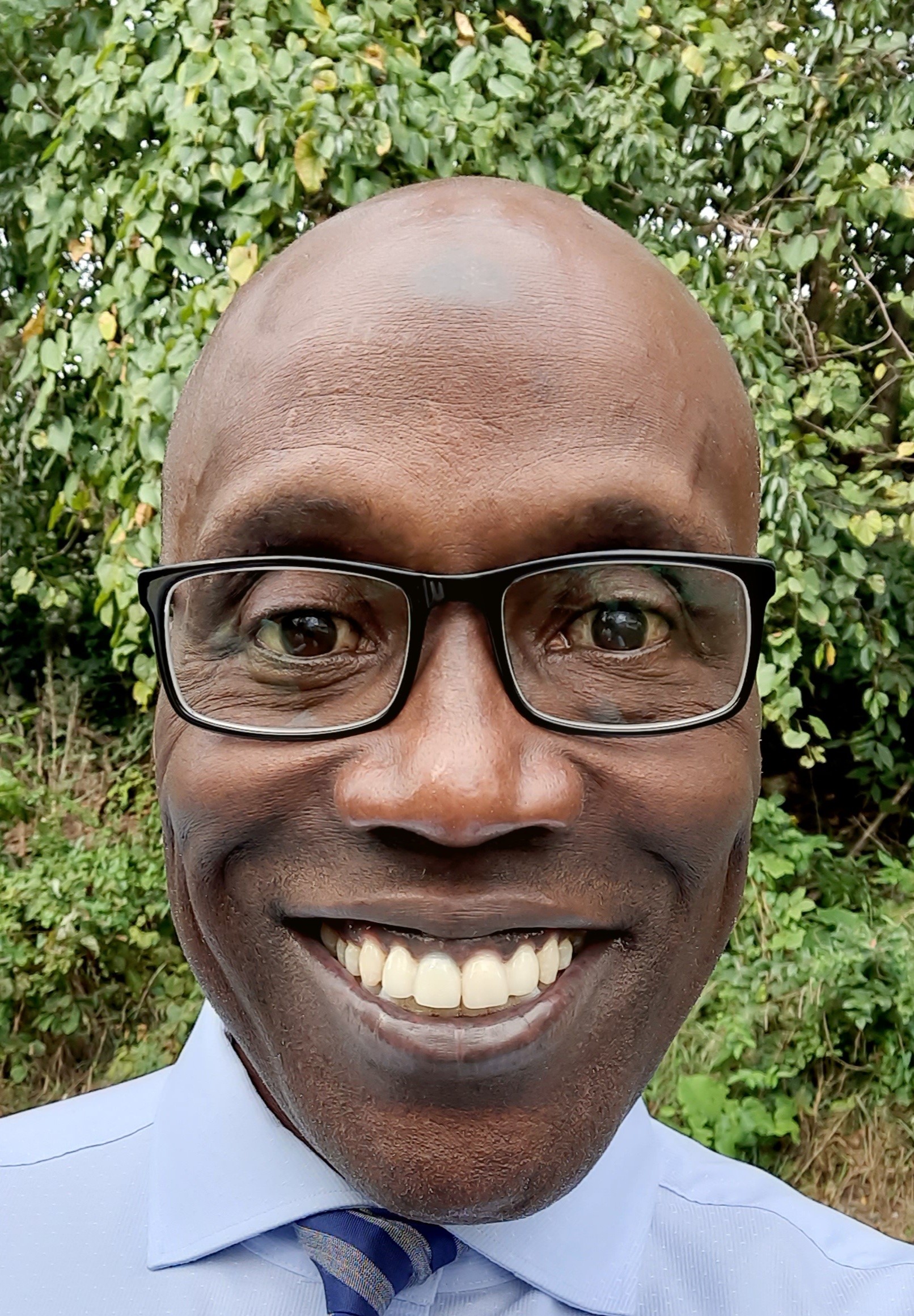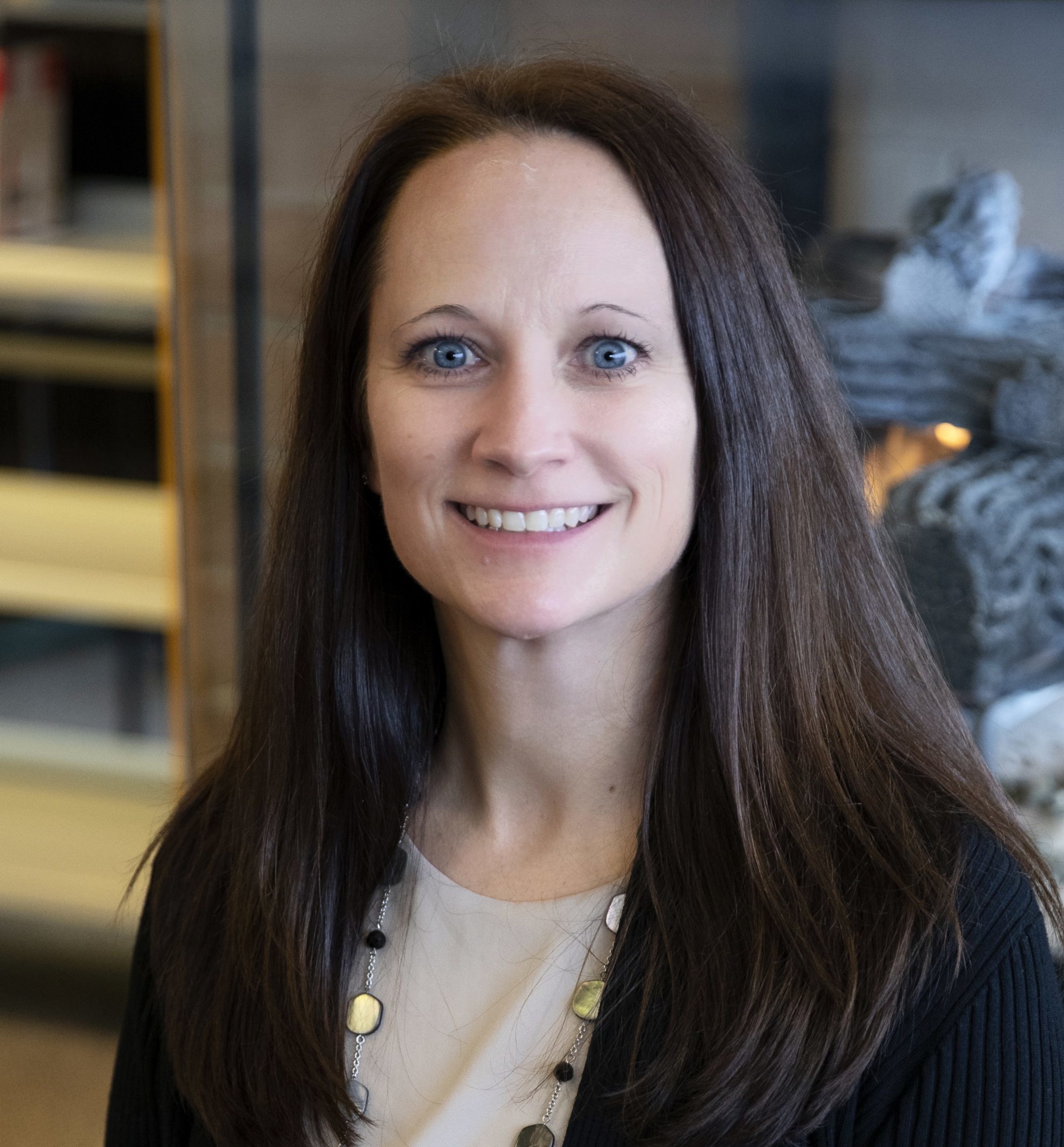A Look Back on 75 Years: My PTC Faculty Experience

As PTC celebrates its 75th anniversary, we take an inside look at the past, present and future of the college through the lens of current students, faculty, board members and more.
In the second installment of this six-part series, we caught up with Gralan Gilliam and Deb Malkin, faculty in the Information Sciences and Surgical Technology departments, respectively. We discuss PTC’s evolution during their tenure, as well as how they’re working to help rebuild the Commonwealth through their curricula.

Gralan Gilliam
Gilliam has been a key member of the college’s School of Information Systems and Technology department since 2014 and was named the Pennsylvania Association of Private School Administrators’ 2018 Outstanding Educator.

Deb Malkin
Malkin has been at PTC for 11 years as an instructor in the college’s Surgical Technology department. Prior to her time at PTC, Malkin worked in the field at the James Cancer Center that, as part of The Ohio State University, is pioneering cancer prevention, detection, treatment and research. She also worked in Indiana as a private assistant with Lafayette Orthopedics. She received PTC’s Excellence in Education Award in 2018.
How have you seen the school evolve over your tenure?
GG: When I first started, the school was employee-owned and was a for-profit school, which was a new experience for me. The shift from that point to where PTC is now is obviously a big difference. Another big difference is we now offer bachelor’s programs in the Information Systems and Technology program with a greater focus on online accessibility.
DM: Obviously, a big change in my tenure has been the evolution from Pittsburgh Technical Institute to Pittsburgh Technical College, and as Gralan mentioned, the move from a for-profit to non-profit institution. We’ve had change in presidential leadership with Dr. Harvey-Smith coming on board, as well as organizational structure change within each program.
I’ve also experienced the addition of the trades and technology center, and the School of Culinary Arts was introduced since I’ve been here as well. We have a brand new Health and Wellness Center for students, and I’m also very excited about our current collaboration with West Allegheny students for early college dual enrollment.
How are you working to enhance the future of the region’s workforce?
GG: A major focus of ours is on expanding access for underrepresented populations thanks in part to recent grants we’ve received. It’s important for us to have a higher profile in communities that may not otherwise recognize PTC. These grant programs give us instant credibility to help us further inject ourselves into the community and personally touch base with prospective students. That’s only going to help expand our overall impact going forward.
DM: The surgical technology program at PTC follows a very strict curriculum through our accreditors. We’ve recently overhauled much of our previous curriculum with newer standards and technologies in the healthcare arena including upgrades to robotics and navigation systems that are used throughout the surgical process. The state of Pennsylvania also recently passed a bill requiring surgical technicians to be certified. In order to do that, they need to attend an accredited school—which PTC is—and pass a board exam. That’s why we’ve incorporated exam certification preparation early on in our curriculum to constantly reinforce these materials in order to best prepare our students for the board exams.
How do you prepare your students for what they’re going to be faced with on the job?
GG: Due to the rise in automation and intuitive dashboards in the IT industry, there are a lot of entry level positions that require less technical knowledge than in years past.
So now, you can work in a security operations system center or a network operating center with just basic skills such as how to run dashboards and ticket processing. With that in mind, our advisory board made up of industry employers across the region recommended that we make it a priority to teach the “soft skills,” things like professionalism, the importance of deadlines, professional correspondence and more to ensure that our students are equipped to handle more than just the technical aspect of the job. In the hiring process, a lot of times it doesn’t come down to the technical side, but more how you present yourself. All of our courses now have some type of ethics or community service aspect built into them, and we’re often setting our students up for mock interviews, and we’re seeing that these skills are really helping students get their foot in the door and succeed right out of school. That really separates PTC from a lot of other places.
DM: For me, my approach is simple. If you’ve ever walked into a classroom of mine, I preach to every first quarter student that, “you’re going to practice and perform in the classroom as if you were in an operating room with a loved one on the operating table.” The operating room is a challenging atmosphere to work in and our students need to know that. I always emphasize that it takes a unique individual because you do need a multitude of balance based on the challenges that we face, whether that’s dealing with surgeons, HIPAA violations, being able to adapt quickly and more.
Obviously now, with technologies and cell phones, we are constantly educating our students on social media use and how that can really hinder them in their professionalism. Students in our clinical settings are not permitted to have their phones in the OR, just for the risk of HIPAA.
Our instructors purposely try to be Jekyll and Hyde depending on the day to keep students on their toes and prepare them for their career. They sometimes come into the classroom with me and wonder, “who am I getting today? Are you going to be the bubbly surgeon or are you going to be the one screaming and yelling?” We have to give them that exposure so that they don’t melt down during the real procedures, working on a patient.
What is it about PTC’s programs that separate you from others, both regionally and nationally?
GG: I’ve been teaching for 23 years, and the thing that separates PTC is that we’re developing skills in our students that employers are actively looking for. We meet with our advisory boards twice a year and build our curriculum based on the information they provide to us. For example, what version of Microsoft Windows do our students need to know? We’re focused specifically on employers’ needs, and update our curriculum at least twice each year to ensure it’s current.
At a four-year school, students will learn concepts, but may have never actually run a DNS server or may not be as adept when it comes to being hands-on with the actual operating system. In contrast, our students step right into the workforce having worked directly with the exact version of software that employers are trending towards.
DM: PTC has always effectively prepared students for the workforce, and I believe the instructors are the driving force behind that difference. PTC faculty are not only experienced, but we love what we do and are excited to educate the future of our various industries. From a programmatic standpoint, our curriculum prepares students for their future. Our surgical technology program provides students with an opportunity to visit an operating room for a day to give them a firsthand look at their future work environment. Our students also get entry-level training through the hands-on aspect of our mock classrooms to help them hone their skills prior to entering a clinical environment. We even utilize virtual reality headsets to provide students with a simulated operating room experience for passing instrumentation and anticipating the surgeon’s needs.
As a result, surgeons will say to us how they love hearing when there’s a PTC student working in their operating room because they don’t have to worry about them and feel comfortable that they are well trained.
Is there one moment that stands out that really defines your time at PTC?
GG: That’s an easy one for me, as it was literally my first day on the job. From the moment I walked in the door, everyone was just like family to me, and these were people I had never met before. They were all just so welcoming. Even in my interview with Charles Eltringham and Chas Feller of the Information Sciences department, they were already talking to me like I worked there and were going over everything that I was going to be doing. I never even had a chance to be uncomfortable.
And 10 minutes into my first day, the president of the school knocked on my door and said, “I’ve heard a lot about you and hope to get the opportunity to work with you.” I was just blown away and I’ve never looked back. To me, that’s what the PTC magic is all about.
DM: For me, it’s not just one moment, but rather the moments when students come back to campus, either during their clinical or internships or even after graduation. They’re able to share exciting stories and relate them back to the times we’ve had on campus, and just to hear their excitement and know that part of our curriculum helped them on the job is great.
We deal with such a diverse group that comes through our doors, and some that might not have a family. But we become that family and the times and moments where my students may call me “mom” on campus are so rewarding and the times I enjoy the most.
